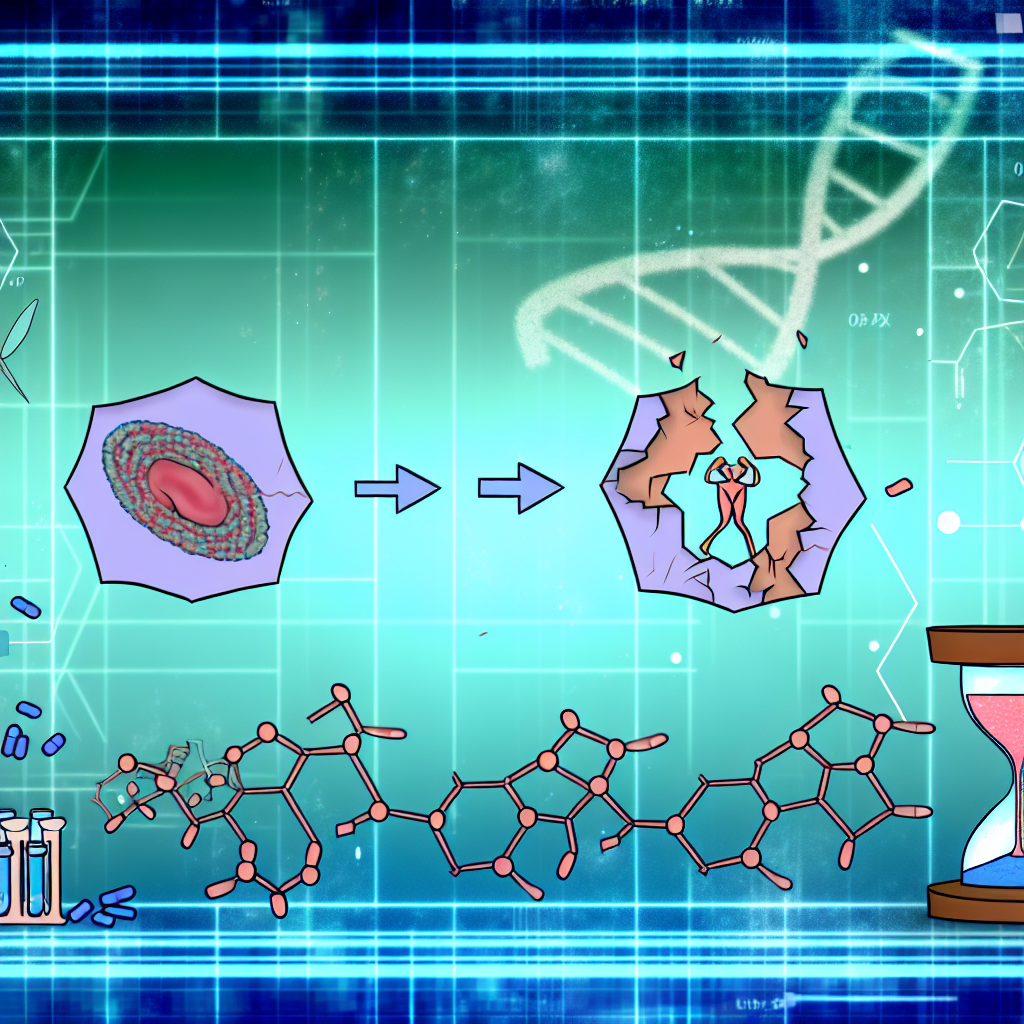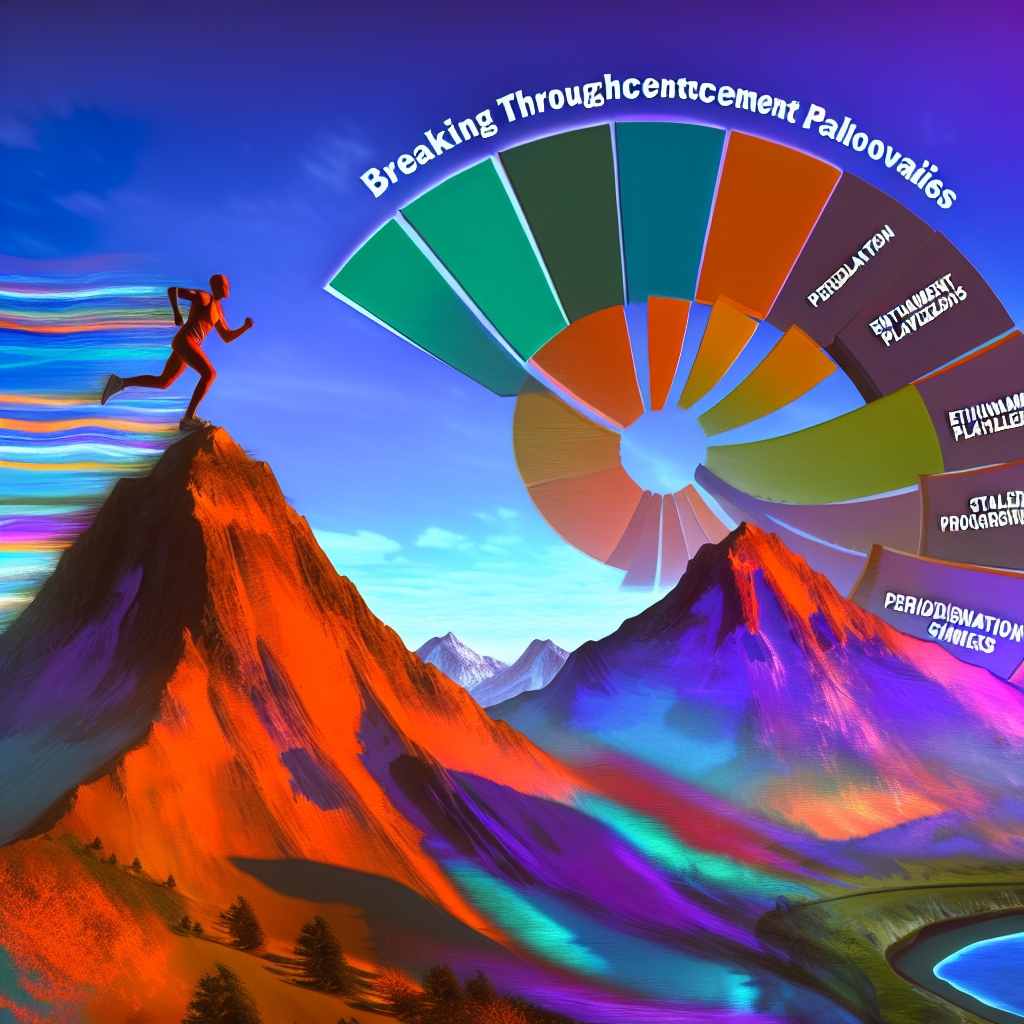Peptide Therapy for Injury Repair and Anti-Aging
Introduction
In the ever-evolving landscape of men’s health and wellness, one groundbreaking frontier making significant headway is peptide therapy. Used for everything from sports injury recovery to enhancing skin elasticity and boosting energy levels, this therapy offers promising outcomes—especially for men seeking sustainable, low-risk approaches to injury repair and anti-aging.
Peptides are short chains of amino acids, the fundamental building blocks of proteins, that play key roles in regulating various biological functions. While the human body naturally produces peptides, their levels decline with age, leading to a host of issues such as slower healing, reduced muscle mass, diminished libido, lower cognitive function, and more pronounced signs of aging like wrinkles and sagging skin.
Peptide therapy works by supplementing the body with specific peptides that target and rejuvenate cells, tissues, and systems. This therapy holds vast potential—from helping athletes in their 20s recover faster from injuries, to assisting men in their 40s and 50s in reducing chronic inflammation, to supporting seniors in preserving cognitive function, mobility, and youthful skin.
In the United States, peptide therapy is gaining traction across wellness clinics and among performance-enhancement specialists. Frequently used therapeutic peptides include BPC-157 and TB-500 for injury recovery, along with GHK-Cu and Epitalon for anti-aging applications. Peptides are usually administered through subcutaneous injections and often integrated into broader health programs involving dietary optimization, physical training, and hormonal balance.
Although some critics label this as “experimental medicine,” a growing number of clinical studies support its effectiveness. Most importantly, these peptides are designed to mimic natural functions of the body, generally ensuring a minimal side effect profile under medical supervision.
More than just enhancing athleticism or appearance, peptide therapy straddles the lines of regenerative medicine and preventative care. As this rapidly advancing science continues to evolve, it offers a compelling glimpse into the future of personalized medicine for men who want to optimize their health across all stages of life.
Features of Peptide Therapy Based on Medical Studies
One of the most researched peptides for recovery and healing is BPC-157 (Body Protection Compound-157). This peptide is derived from a protein in human gastric juice and supports rapid tissue regeneration. According to a [study](https://pubmed.ncbi.nlm.nih.gov/30577762/) published in the journal Current Pharmaceutical Design, BPC-157 accelerates healing of tendons, ligaments, and muscles while reducing inflammation. Researchers also noted its ability to stimulate angiogenesis—or the formation of new blood vessels—which is critical for improving blood flow and speeding up the recovery process, especially after orthopedic injuries or surgeries.
Another potent peptide for tissue repair is TB-500, a synthetic version of the naturally occurring thymosin beta-4. In a [study](https://www.ncbi.nlm.nih.gov/pmc/articles/PMC3731415/) published in the Journal of Investigative Dermatology, TB-500 showed significant wound healing effects. It enhances cell migration, supports extracellular matrix remodeling, reduces fibrosis (development of excess connective tissue), and promotes rapid recovery from intense physical stress or surgical procedures.
For those looking to address visible signs of aging, GHK-Cu (Glycyl-L-histidyl-L-lysine:copper) stands out. Present naturally in human plasma, GHK-Cu has powerful skin rejuvenating properties. A groundbreaking [study](https://jddonline.com/articles/dermatology/S1545961616P0036X) published in the Journal of Drugs in Dermatology confirms that GHK-Cu stimulates collagen production, tightens skin, modulates genes related to aging, and even aids in DNA repair. With frequent use under expert guidance, it can result in noticeably firmer, clearer, and more youthful skin.
Another remarkable peptide, Epitalon (also called Epithalon), exerts its anti-aging effects by stimulating the enzyme telomerase. Telomerase activity plays a critical role in keeping telomeres—protective DNA caps at the ends of chromosomes—from degenerating. A [study](https://link.springer.com/article/10.1007/s10522-017-9714-1) published in Biogerontology revealed that Epitalon extended the lifespan of lab animals, improved oxidative stress markers, and enhanced circadian rhythm regulation. It holds promise for promoting cellular longevity and systemic youthfulness in humans as well.
Additionally, growth hormone secretagogues (GHS) like Ipamorelin and CJC-1295 are widely used in combination therapies to naturally boost growth hormone production. These agents stimulate the pituitary gland without disrupting the natural endocrine cycle. As noted in a [clinical study](https://pubmed.ncbi.nlm.nih.gov/12732165/), these peptides enhance lean body mass, support fat metabolism, strengthen bones, improve recovery time from exercise, and promote better sleep quality—making them effective components of anti-aging plans.
Amid an increasing recognition of their medical usefulness, more peptides are being used via compounding pharmacies for off-label therapeutic purposes under physician guidance. While not all peptides are FDA-approved, they can offer high levels of safety and specificity when used responsibly in individualized wellness programs.
Conclusion
Peptide therapy offers a compelling, research-driven option for men of all ages looking to accelerate recovery, reduce inflammation, and combat signs of aging. Whether you’re an athlete aiming for faster recovery after injury, a middle-aged professional looking to maintain vitality, or a retiree focusing on longevity and cognitive sharpness, peptide therapy offers real, tangible benefits.
Unlike generic treatments, peptide therapy is tailored to each person’s biology. Its capacity to enhance tissue repair, promote hormonal balance, support muscle growth, and improve skin health makes it a cornerstone in modern health optimization.
While interest in peptide therapy continues to rise, it’s vital to consult with qualified healthcare providers for proper dosing, administration, and monitoring. Personalized peptide plans should always complement holistic wellness strategies, including healthy nutrition, adequate sleep, responsible exercise, and stress management techniques.
Peptide therapy represents a revolutionary step forward—not just in treating illness, but in empowering men to age actively, recover faster, and thrive with more energy and resilience.
References
– BPC-157 and musculoskeletal healing: [https://pubmed.ncbi.nlm.nih.gov/30577762/](https://pubmed.ncbi.nlm.nih.gov/30577762/)
– TB-500 wound healing and tissue regeneration: [https://www.ncbi.nlm.nih.gov/pmc/articles/PMC3731415/](https://www.ncbi.nlm.nih.gov/pmc/articles/PMC3731415/)
– GHK-Cu and skin regeneration: [https://jddonline.com/articles/dermatology/S1545961616P0036X](https://jddonline.com/articles/dermatology/S1545961616P0036X)
– Epitalon and telomere extension: [https://link.springer.com/article/10.1007/s10522-017-9714-1](https://link.springer.com/article/10.1007/s10522-017-9714-1)
– Ipamorelin and growth hormone release: [https://pubmed.ncbi.nlm.nih.gov/12732165/](https://pubmed.ncbi.nlm.nih.gov/12732165/)
– Clinical relevance of peptide therapy in anti-aging: [https://www.ncbi.nlm.nih.gov/pmc/articles/PMC6291444/](https://www.ncbi.nlm.nih.gov/pmc/articles/PMC6291444/)
Concise Summary
Peptide therapy is a cutting-edge health solution that uses naturally occurring amino acid chains to support healing and slow down aging. With benefits like faster injury recovery, better muscle growth, improved skin health, and hormonal balance, peptides like BPC-157, TB-500, GHK-Cu, and Epitalon are becoming popular among men. Backed by growing clinical evidence, these treatments work with the body’s own systems, offering safer and more targeted results. Administered under medical supervision, this customizable therapy is proving to be a powerful tool for men seeking better performance, vitality, and longevity.

Dominic E. is a passionate filmmaker navigating the exciting intersection of art and science. By day, he delves into the complexities of the human body as a full-time medical writer, meticulously translating intricate medical concepts into accessible and engaging narratives. By night, he explores the boundless realm of cinematic storytelling, crafting narratives that evoke emotion and challenge perspectives. Film Student and Full-time Medical Writer for ContentVendor.com




